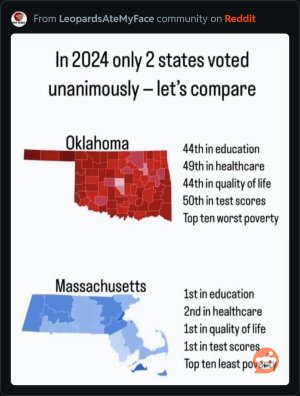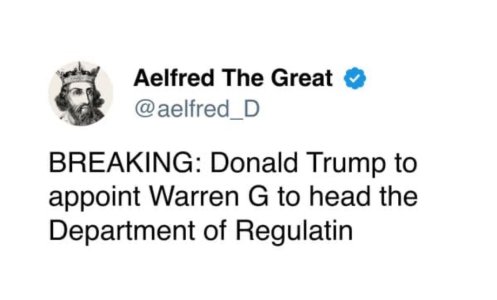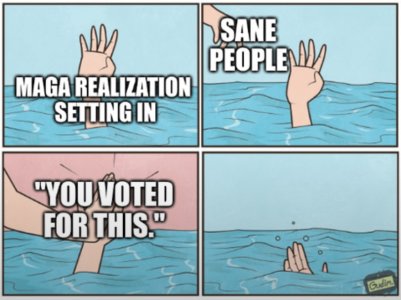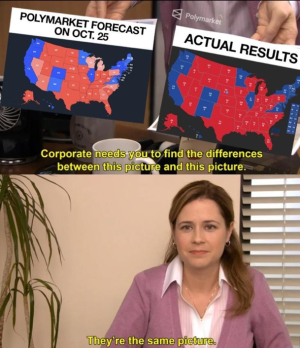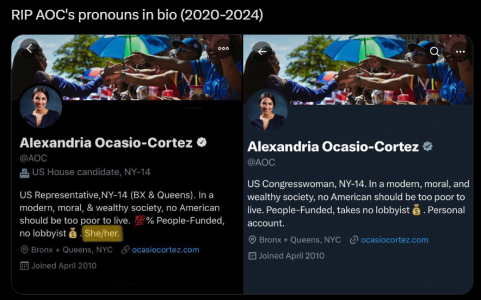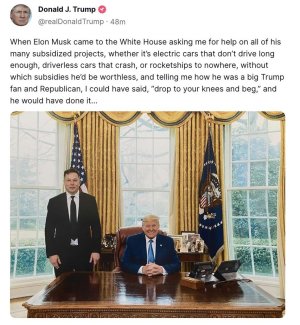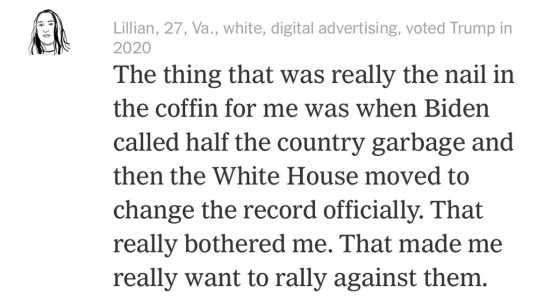[h2]An Open Letter Regarding Climate Change From
Concerned Members of the U.S. National Academy of Sciences[/h2]
An Open Letter Regarding Climate Change From
Concerned Members of the U.S. National Academy of Sciences
Human-caused climate change is not a belief, a hoax, or a conspiracy. It is a physical reality. Fossil fuels powered the Industrial Revolution. But the burning of oil, coal, and gas also caused most of the historical increase in atmospheric levels of heat-trapping greenhouse gases. This increase in greenhouse gases is changing Earth’s climate.
Our fingerprints on the climate system are visible everywhere. They are seen in warming of the oceans, the land surface, and the lower atmosphere. They are identifiable in sea level rise, altered rainfall patterns, retreat of Arctic sea ice, ocean acidification, and many other aspects of the climate system. Human-caused climate change is not something far removed from our day-to-day experience, affecting only the remote Arctic. It is present here and now, in our own country, in our own states, and in our own communities.
During the Presidential primary campaign, claims were made that the Earth is not warming, or that warming is due to purely natural causes outside of human control. Such claims are inconsistent with reality.
Others argued that no action is warranted until we have absolute certainty about human impacts on climate. Absolute certainty is unattainable. We are certain beyond a reasonable doubt, however, that the problem of human-caused climate change is real, serious, and immediate, and that this problem poses significant risks: to our ability to thrive and build a better future, to national security, to human health and food production, and to the interconnected web of living systems.
The basic science of how greenhouse gases trap heat is clear, and has been for over a century. Ultimately, the strength of that basic science brought the governments of the world to Paris in December 2015. They went to Paris despite pronounced differences in systems of government, in national self-interest, in culpability for past emissions of greenhouse gases, and in vulnerability to future climate change. The leaders of over 190 countries recognized that the problem of human-caused climate change is a danger to present and future citizens of our planet. They made national commitments to address this problem. It was a small but historic and vital first step towards more enlightened stewardship of Earth’s climate system.
From studies of changes in temperature and sea level over the last million years, we know that the climate system has tipping points. Our proximity to these tipping points is uncertain. We know, however, that rapid warming of the planet increases the risk of crossing climatic points of no return, possibly setting in motion large-scale ocean circulation changes, the loss of major ice sheets, and species extinctions. The climatic consequences of exceeding such thresholds are not confined to the next one or two electoral cycles. They have lifetimes of many thousands of years.
The political system also has tipping points. Thus it is of great concern that the Republican nominee for President has advocated U.S. withdrawal from the Paris Accord. A “Parexit” would send a clear signal to the rest of the world: "The United States does not care about the global problem of human-caused climate change. You are on your own." Such a decision would make it far more difficult to develop effective global strategies for mitigating and adapting to climate change. The consequences of opting out of the global community would be severe and long-lasting – for our planet’s climate and for the international credibility of the United States.
The United States can and must be a major player in developing innovative solutions to the problem of reducing emissions of greenhouse gases. Nations that find innovative ways of decarbonizing energy systems and sequestering CO2 will be the economic leaders of the 21st century. Walking away from Paris makes it less likely that the U.S. will have a global leadership role, politically, economically, or morally. We cannot afford to cross that tipping point.
The following signers of this letter do so as individual NAS members and not on behalf of the NAS itself or their Institutions.












